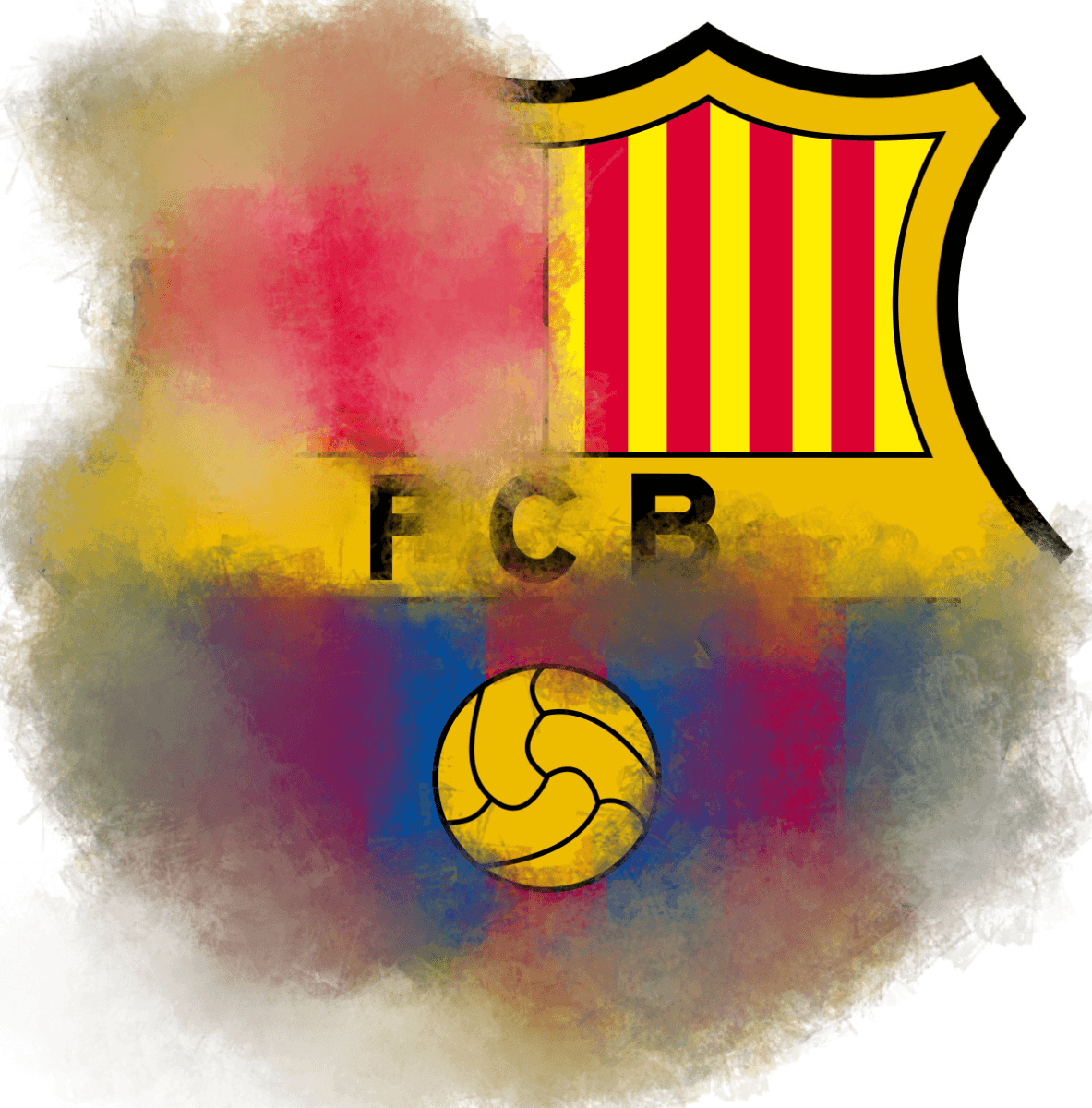The drive for the secession of Catalunya captured the world’s attention in October, when a banned referendum was met by a heavy police crackdown and the imprisonment of numerous members of the Assemblea Nacional Catalana (ANC) and prominent Catalan government ministers. The referendum represented a clear conflict of interest between the Catalan regional government and the conservative government in Madrid. The constitutional Court deemed the regional government’s introduction of the “self-determination referendum law” an illegal breach of the terms of the 1978 Spanish Constitution, affirming the importance of the “indissoluble unity of the Spanish nation”.
Throughout this period of political instability, the Manchester City head coach Pep Guardiola has always remained a vocal proponent of support for the imprisoned activists and politicians campaigning for Catalan Independence. Guardiola described the imprisonment of Sanchez and Cuixart as a scary development and a backward step for democracy.
Under the tutelage of Guardiola, the champions elect Manchester City have undoubtedly been a class above the rest of this season’s competition, with the prospect of the treble still attainable. However, the coach himself has come under significant criticism for his continuous wearing of a yellow ribbon on match day. On Monday, the Football Association (FA) charged Guardiola on the grounds of wearing what is considered to be a political symbol. Martin Glenn, the FA chief executive, commented “To be honest, and to be very clear, Pep Guardiola’s yellow ribbon is a political symbol, it’s a symbol of Catalan independence and I can tell you there are many more Spaniards, non-Catalans, who are pissed off by it”. It is clear that the question still remains about whether highly visible public figures in football have the right to publicly promote their political ideologies and religious beliefs.
It has been suggested that the FA’s decision to punish Guardiola mirrors the ruling by football’s global governing body (FIFA), which created huge controversy in the United Kingdom. FIFA ruled that the decision taken by four British associations (FA, FAW, IFA and SFA) to display a commemorative poppy on their shirts during World Cup qualification games that occurred during a period of remembrance for Armistice Day was a form of political activism and warranted each association to be fined. The ensuing row to ban the display of poppy has continued to anger sections of the British public, with the decision even drawing criticism from the prime minister, with Theresa May describing FIFA’s stance as “utterly outrageous”.
It is clear that there is unanimous agreement between football’s governing bodies about whether there is space for political activism in the game, and each national governing body has the responsibility to prevent strong political and religious symbols from causing offence and harm to the huge global audiences. Although you may feel sympathetic to Pep’s political agenda and seemingly harmless gesture, if ignored and left unpunished by the Football Association, the act helps to create a political space in football that would be too difficult and controversial to control.
Irrespective of the political issues within football, the seemingly unrelenting controversy of the secession of Catalunya has once again resurfaced. The exiled, former Catalan president Carles Puigdemont who fled Spain following charges of sedition, rebellion and the misuse of public funds in the region’s independence referendum, has been found and remanded in custody in northern Germany pending a decision on his possible extradition back to Spain. From Monday, the German authorities have 60 days to reach a decision on the extradition request.
While the Spanish government continues to attempt to silence the campaign for Catalan Independence, with other Catalan leaders having either been jailed or hushed by the threat of prison, the issue will continue to be unresolved. It seems, for now at least, that the issue of secession will be silenced temporarily by the detainment of Puigdemont.
We acknowledge the Ngunnawal and Ngambri people, who are the Traditional Custodians of the land on which Woroni, Woroni Radio and Woroni TV are created, edited, published, printed and distributed. We pay our respects to Elders past and present. We acknowledge that the name Woroni was taken from the Wadi Wadi Nation without permission, and we are striving to do better for future reconciliation.
